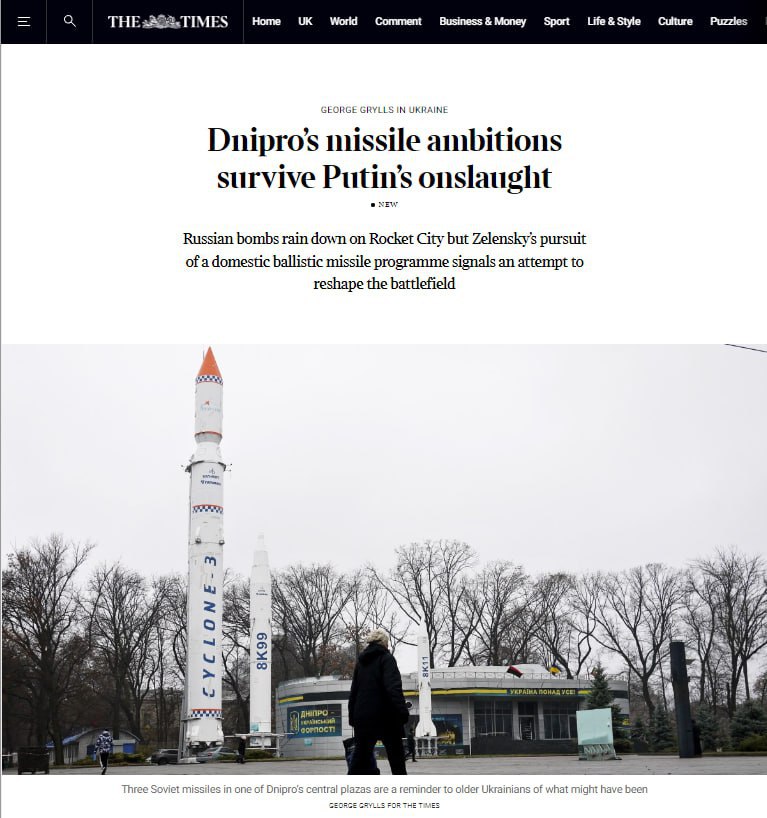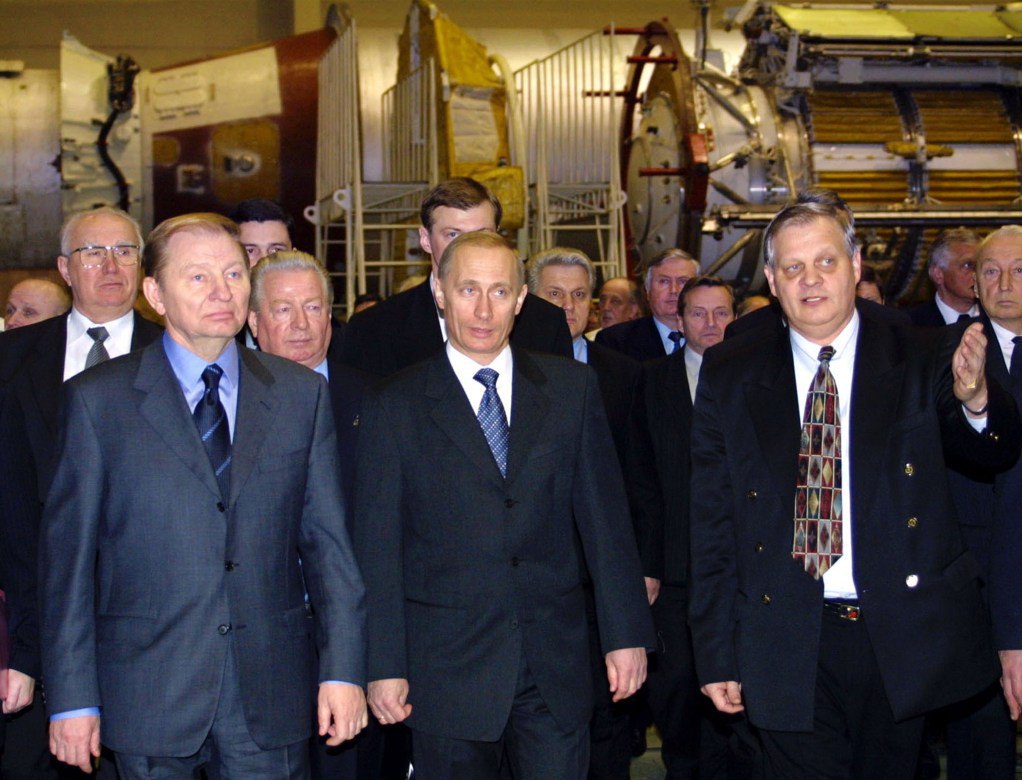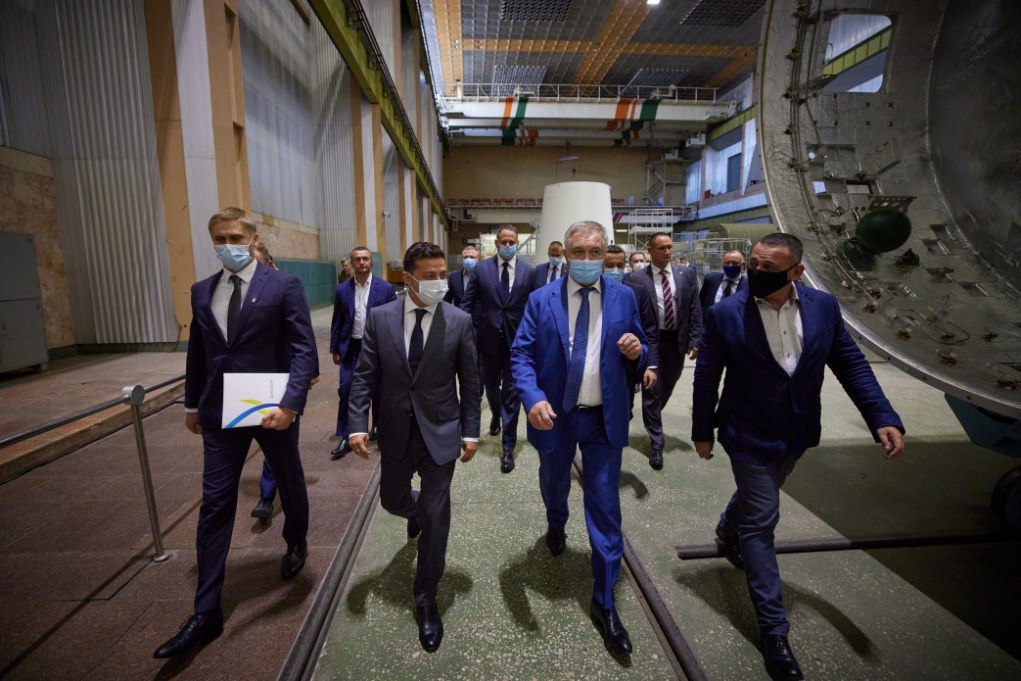Dnipro's Resilience Fuels Ukraine's Missile Ambitions Amid Russian Strikes
Dnipro, Ukraine's "Rocket City," has endured relentless Russian missile attacks, yet its ambitions for advanced missile technology remain unshaken. The Yuzhmash plant, a Soviet-era industrial giant, bears scars of war but continues its operations despite recent strikes, including a hypersonic missile attack last month.
Russian President Vladimir Putin admitted targeting the facility, highlighting his concerns over Ukraine’s evolving missile capabilities. Shortly before the attacks, President Zelenskyy announced the successful testing of Ukraine’s first ballistic missile, a pivotal step in his plan for a “comprehensive non-nuclear strategic deterrence package.”
The Hrim-2 ("Thunder-2") missile, with a 500-kilometer range, is central to these ambitions, aiming to deter Russian aggression without reliance on Western approval. While skeptics question Ukraine’s ability to produce these missiles on a significant scale, historical ingenuity and modern resilience suggest otherwise.
Dnipro, once a secretive hub of Soviet intercontinental missile development, retains its strategic edge. Though challenges like Russian strikes on production facilities persist, Ukraine’s recent success with the Neptun anti-ship missile, which sank the Moskva cruiser, underscores its capacity to innovate under pressure.
For Putin, the risk of underestimating Ukraine's missile advancements could prove costly, as the nation pushes forward with a determination reminiscent of its Cold War-era achievements.
Dnipro, Ukraine's "Rocket City," has endured relentless Russian missile attacks, yet its ambitions for advanced missile technology remain unshaken. The Yuzhmash plant, a Soviet-era industrial giant, bears scars of war but continues its operations despite recent strikes, including a hypersonic missile attack last month.
Russian President Vladimir Putin admitted targeting the facility, highlighting his concerns over Ukraine’s evolving missile capabilities. Shortly before the attacks, President Zelenskyy announced the successful testing of Ukraine’s first ballistic missile, a pivotal step in his plan for a “comprehensive non-nuclear strategic deterrence package.”
The Hrim-2 ("Thunder-2") missile, with a 500-kilometer range, is central to these ambitions, aiming to deter Russian aggression without reliance on Western approval. While skeptics question Ukraine’s ability to produce these missiles on a significant scale, historical ingenuity and modern resilience suggest otherwise.
Dnipro, once a secretive hub of Soviet intercontinental missile development, retains its strategic edge. Though challenges like Russian strikes on production facilities persist, Ukraine’s recent success with the Neptun anti-ship missile, which sank the Moskva cruiser, underscores its capacity to innovate under pressure.
For Putin, the risk of underestimating Ukraine's missile advancements could prove costly, as the nation pushes forward with a determination reminiscent of its Cold War-era achievements.




